To access this page, you will need to log in or become a member.
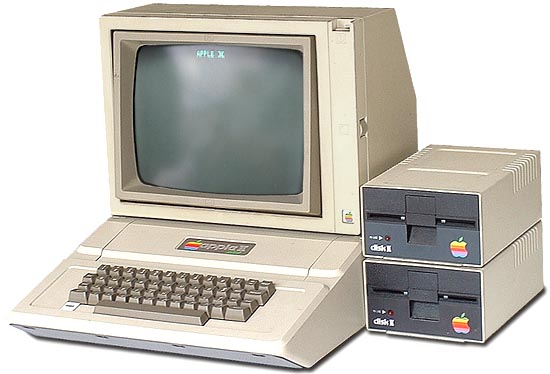
by Paul Epstein, PhD | Challenging Behaviors, Computers in the Classroom, Lower Elementary (6-9), MFA, Montessori Education, Montessori Teachers, Primary (3-6)
by Dr. Paul and Ann Epstein Computers in Montessori early childhood classroom deserve careful study. Just as Dr. Maria Montessori scientifically observed children and developed her didactic materials, we must also completely examine a computer’s benefits and barriers to learning. We believe that computers are tools for thinking and communication. We further believe that computers […]
To continue reading, you will need to choose a subscription plan.
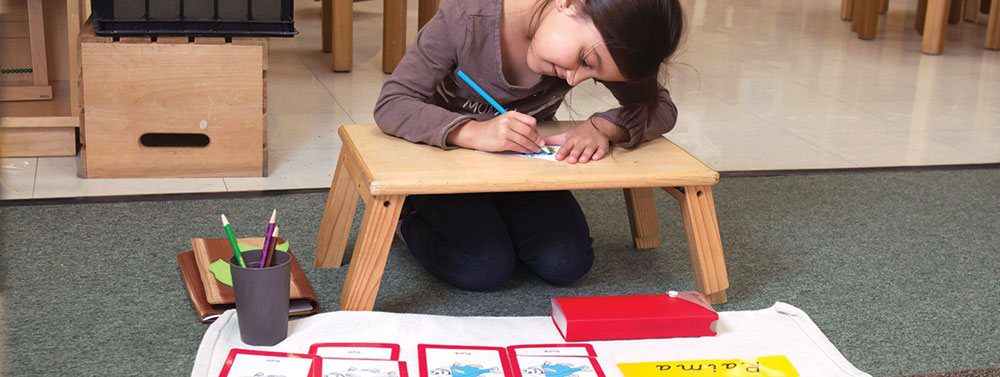
by Maren Stark Schmidt | Child's Work, Early Adolescence (12-15), Emotional Intelligence (EQ), Later Adolescence (15-18), Lower Elementary (6-9), MFA, Mindfulness, Montessori Education, Montessori Teachers, Upper Elementary (9-12), Young Adults
Tired and agitated, Sara got ready for bed. What had happened to the day? She had woken up fresh that morning, ready to have a productive day. During breakfast, Sara’s assistant had called to alert Sara that she wouldn’t be in to copy the reports for the next day’s meeting. When Sara went to make […]
To continue reading, you will need to choose a subscription plan.

by Tim Seldin | Adolescence, Early Adolescence (12-15), Later Adolescence (15-18), Lower Elementary (6-9), Mathematics, MFA, Montessori Education, Montessori Materials, Montessori Teachers, Primary (3-6), Upper Elementary (9-12)
The Challenge of Mathematics We use mathematics in almost every aspect of our everyday lives. As Dr. Montessori would often point out, much of our civilization is based upon mathematics. Science and technology depends upon mathematical calculations. Computers are totally mathematical devices. Businesses, research, and governmental agencies all rely upon the collection and interpretation of […]
To continue reading, you will need to choose a subscription plan.

by Tim Seldin | Administrative Team, Lower Elementary (6-9), MFA, Montessori Curriculum, Montessori Teachers, School Leadership, Upper Elementary (9-12)
To continue reading, you will need to choose a subscription plan.

by Tim Seldin | Lower Elementary (6-9), MFA, Montessori Curriculum, Montessori Education, Montessori Family Life, Montessori Parenting, Montessori Teachers, Parent Education, Primary (3-6), Upper Elementary (9-12)
The Barrie School Curriculum Guide: Age 3 — 12 A Philosophy Of Curriculum by Tim Seldin, Headmaster, 1971-93 The Barrie School is designed to prepare children both for university and for life. There are three key ideas that are central to our mission as a school: It is not the adult who shapes the […]
To continue reading, you will need to choose a subscription plan.

by The Montessori Foundation Staff | Brain Development, Communication, Language, Language & Reading, Lower Elementary (6-9), Montessori Curriculum, Montessori Education, Montessori Teachers, Primary (3-6), Upper Elementary (9-12)
To continue reading, you will need to choose a subscription plan.
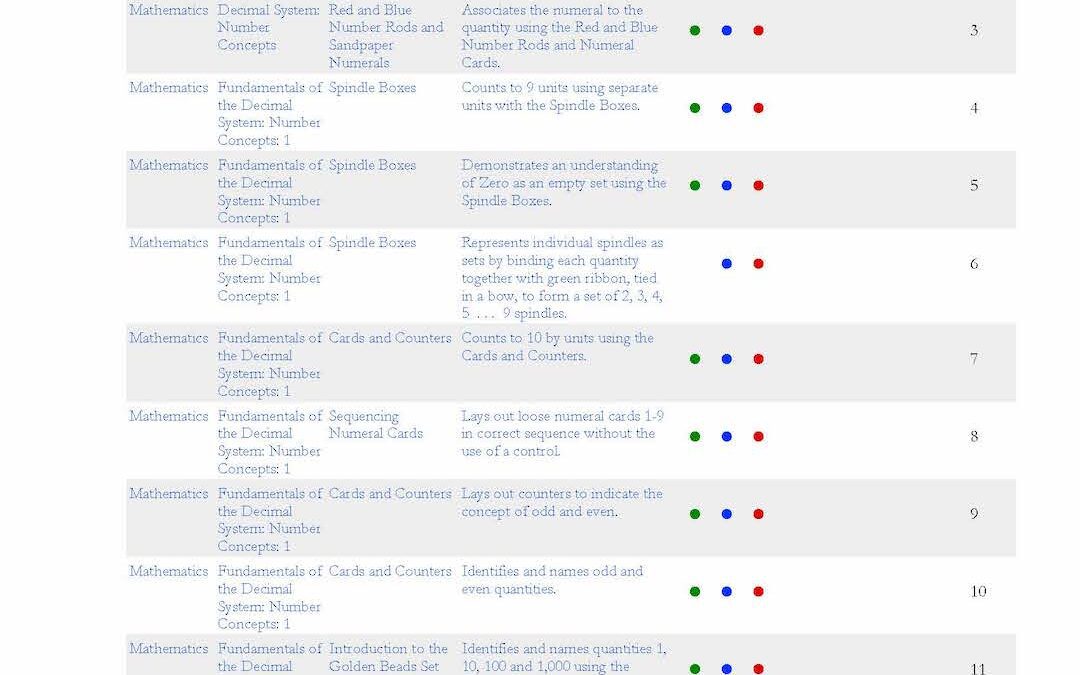
by The Montessori Foundation Staff | Brain Development, Lower Elementary (6-9), Mathematics, Montessori Curriculum, Montessori Education, Montessori Teachers, Primary (3-6), School Leadership, Upper Elementary (9-12)
To continue reading, you will need to choose a subscription plan.

by The Montessori Foundation Staff | Lower Elementary (6-9), MFA, Montessori Curriculum, Montessori Education, Montessori Teachers, Primary (3-6), School Leadership, Science, Upper Elementary (9-12)
To continue reading, you will need to choose a subscription plan.

by The Montessori Foundation Staff | Lower Elementary (6-9), Montessori Curriculum, Montessori Teachers, Practical Life, Primary (3-6), Upper Elementary (9-12)
To continue reading, you will need to choose a subscription plan.

by The Montessori Foundation Staff | Lower Elementary (6-9), Montessori Curriculum, Montessori Education, Montessori Teachers, Primary (3-6), Sensorial, Upper Elementary (9-12)
To continue reading, you will need to choose a subscription plan.

by The Montessori Foundation Staff | Lower Elementary (6-9), MFA, Montessori Curriculum, Montessori Education, Montessori Teachers, Primary (3-6), Upper Elementary (9-12)
To continue reading, you will need to choose a subscription plan.

by The Montessori Foundation Staff | Lower Elementary (6-9), Montessori Curriculum, Montessori Education, Primary (3-6), Upper Elementary (9-12)
To continue reading, you will need to choose a subscription plan.

by The Montessori Foundation Staff | Lower Elementary (6-9), Montessori Curriculum, Montessori Education, Primary (3-6), Upper Elementary (9-12)
To continue reading, you will need to choose a subscription plan.
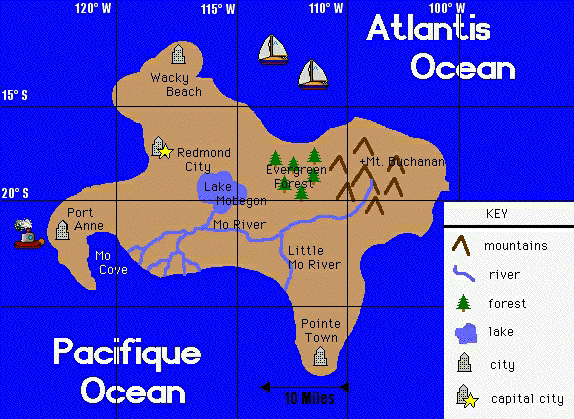
by Tim Seldin | Early Adolescence (12-15), Educational Program Coordination, Lower Elementary (6-9), MFA, Montessori Curriculum, Montessori Education, Montessori Middle School, The International Montessori Council, The Montessori Way, Upper Elementary (9-12)
By Tim Seldin This is an excerpt from the Second Edition of The World In The Palm Of Her Hand. The Imaginary Island Project was developed by my friend, Harvey Hallenberg, and introduced to the Montessori community in the 1980s through the Institute for Advanced Montessori Studies in Silver Spring, Maryland, which we co-founded. In […]
To continue reading, you will need to choose a subscription plan.
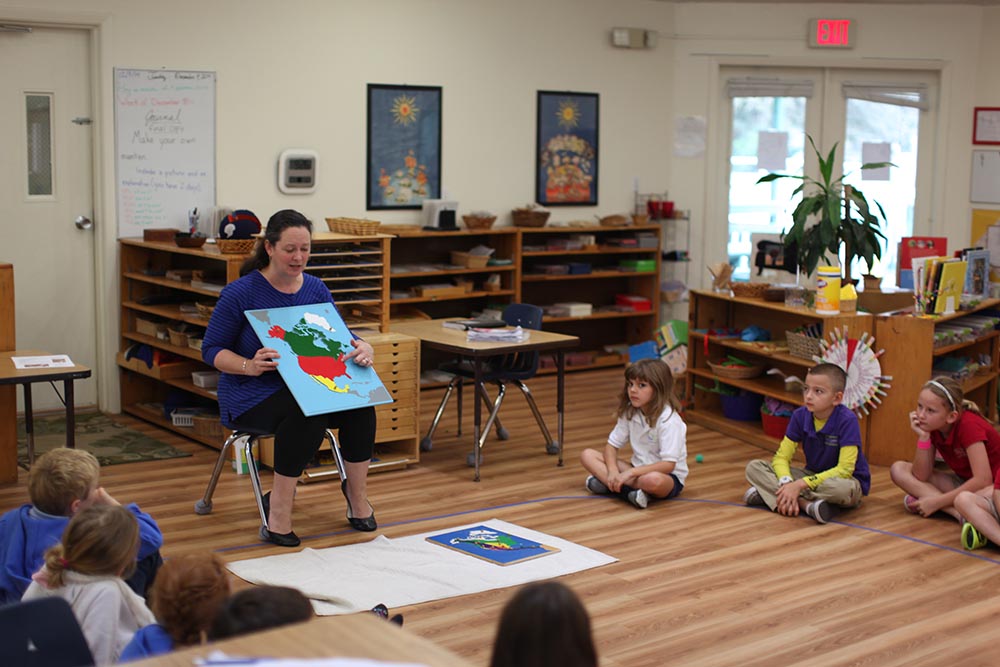
by The Montessori Foundation Staff | Language, Lower Elementary (6-9), MFA, Montessori Education, Montessori Teachers, Upper Elementary (9-12)
Great Lessons and Key Lessons derive from the psychological characteristics and needs of the child in the second plane of development. (ages 6 to 12). Lessons are not a pivotal aspect of Montessori. The role of the adult is to inspire a sense of wonder, not to teach. Lessons in a conventional sense relate to […]
To continue reading, you will need to choose a subscription plan.

by Christine Lowry | Challenging Behaviors, Children with Exceptionalities, Lower Elementary (6-9), School Resources, The International Montessori Council, Video, Webcasts / IMC
To continue reading, you will need to choose a subscription plan.
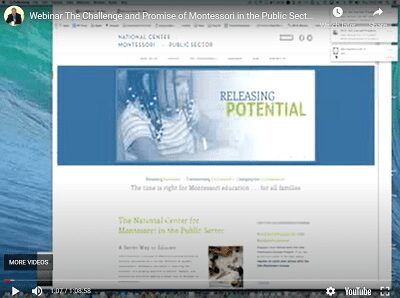
by Tim Seldin | Lower Elementary (6-9), MFA, Montessori Charter Schools, Montessori Education, Montessori Teachers, School Leadership, Upper Elementary (9-12), Webinars / MFA
To continue reading, you will need to choose a subscription plan.
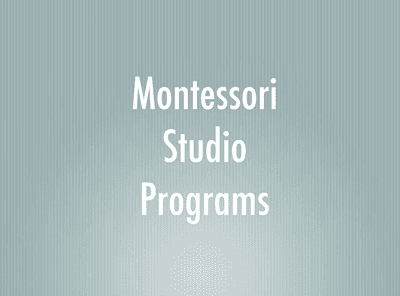
by Tim Seldin | Adolescence, Later Adolescence (15-18), Lower Elementary (6-9), MFA, Montessori Education, Montessori Secondary / High School, Montessori Teachers, School Leadership, Upper Elementary (9-12), Webinars / MFA
To continue reading, you will need to choose a subscription plan.


















